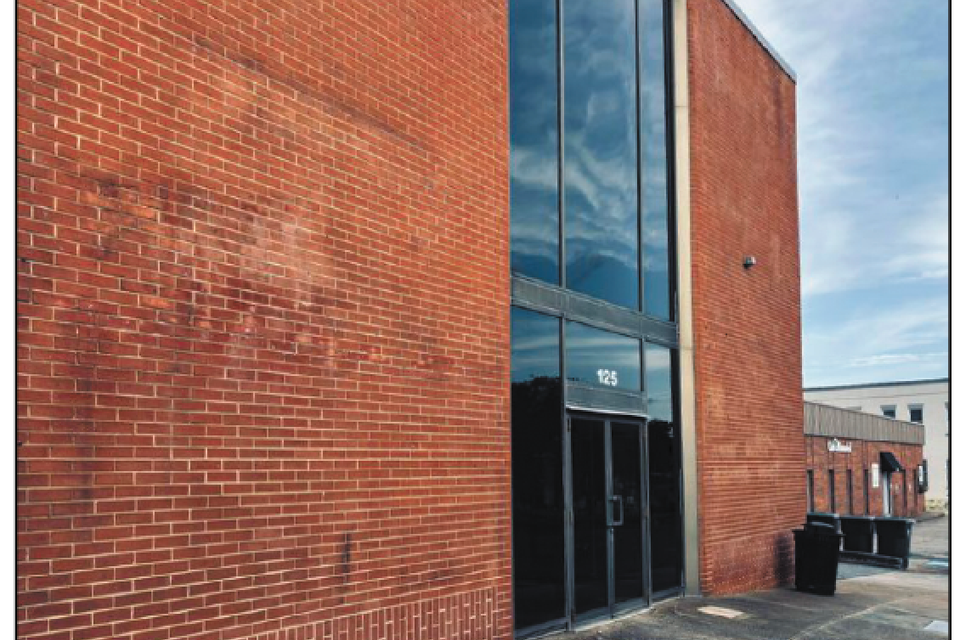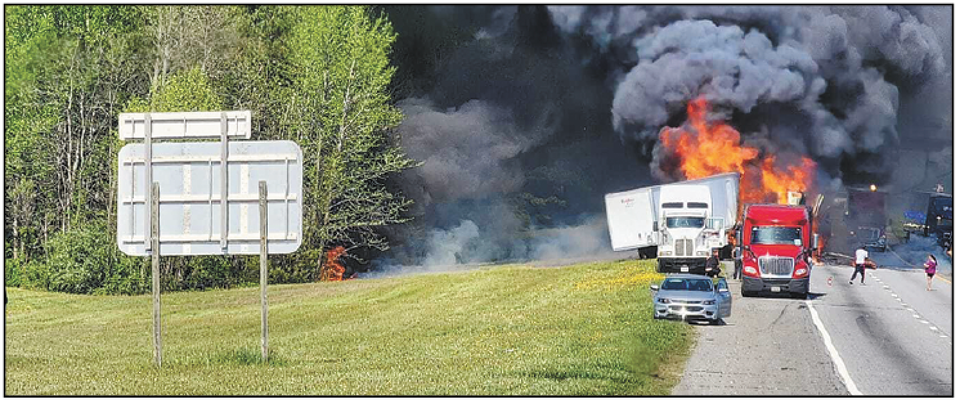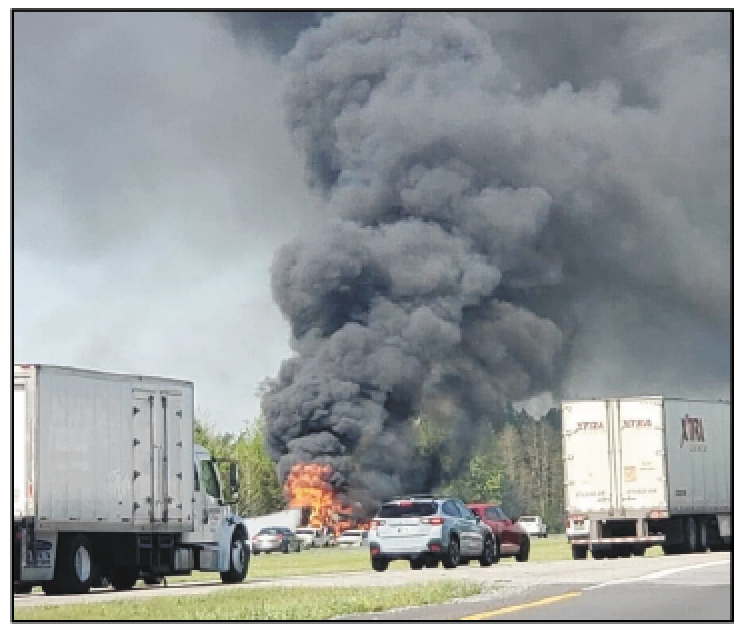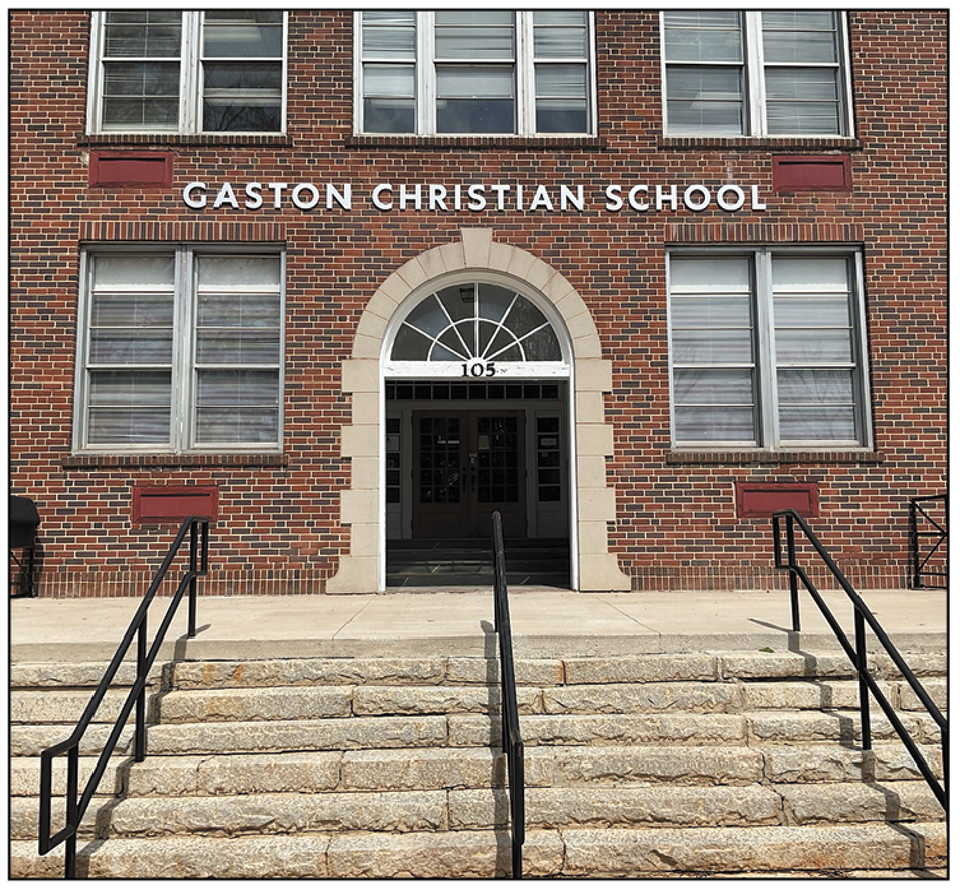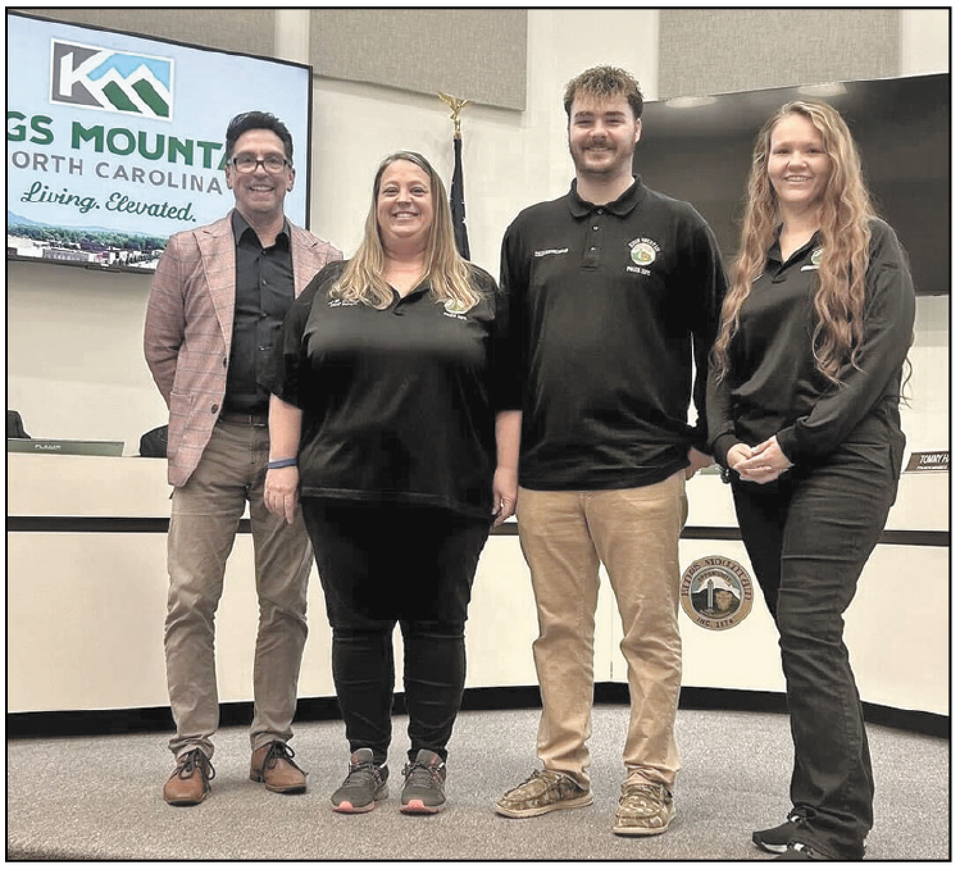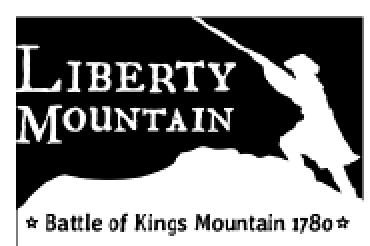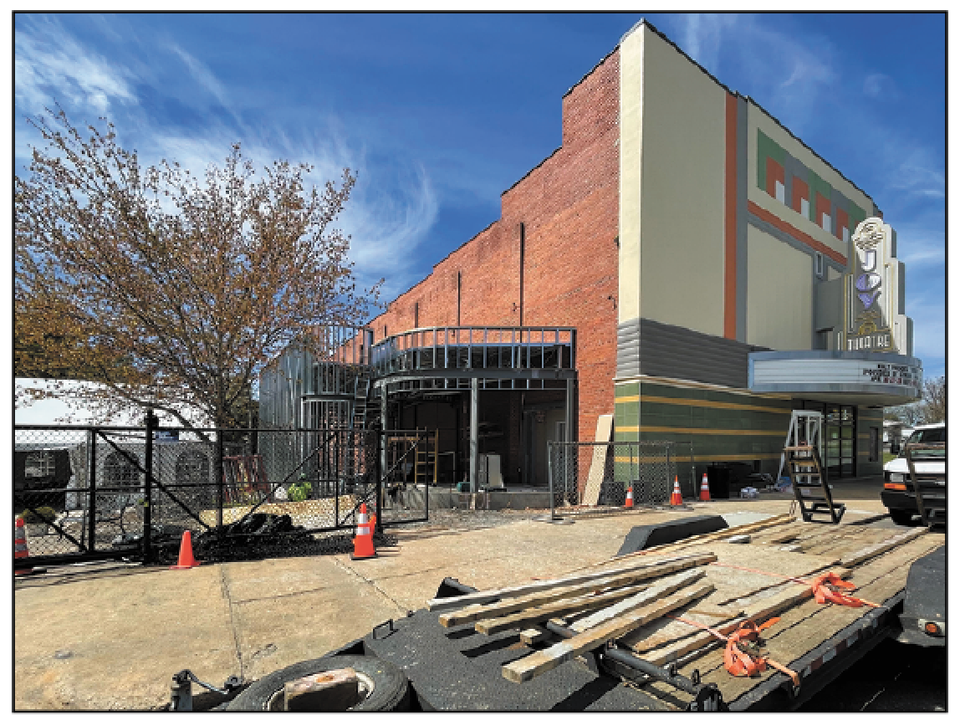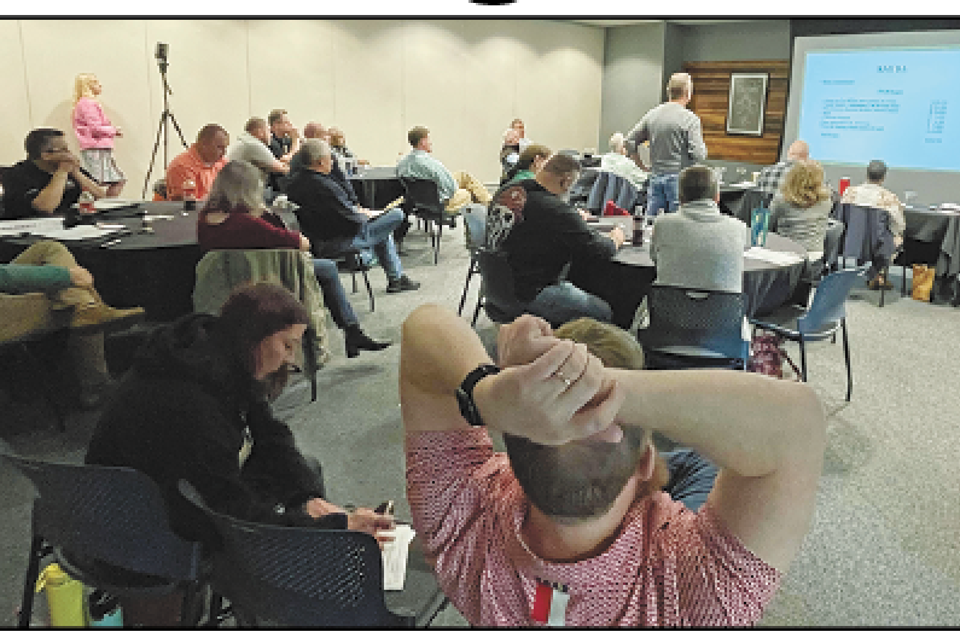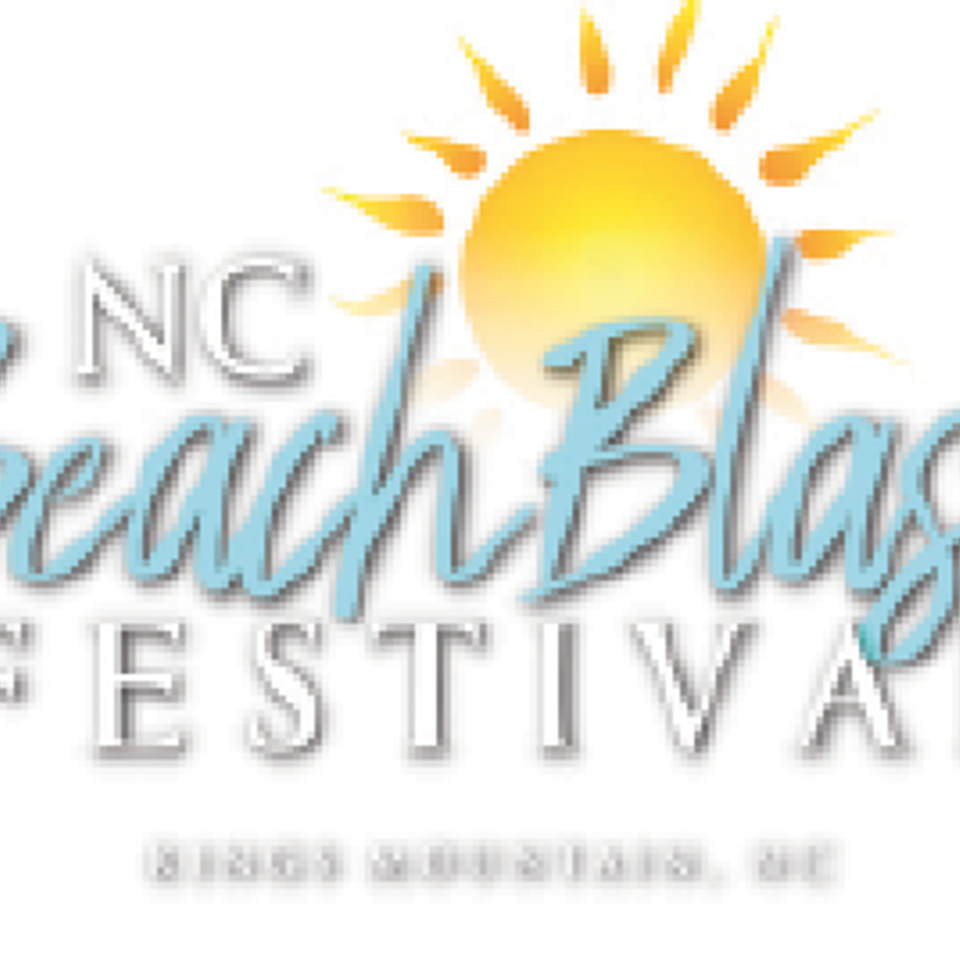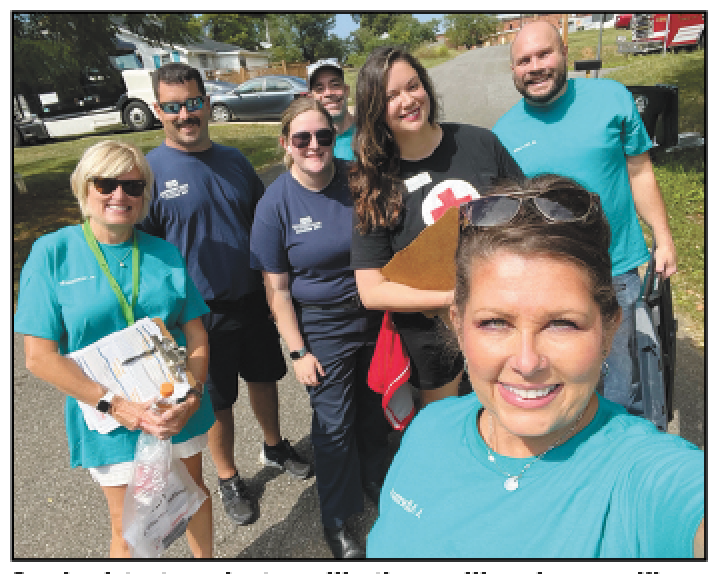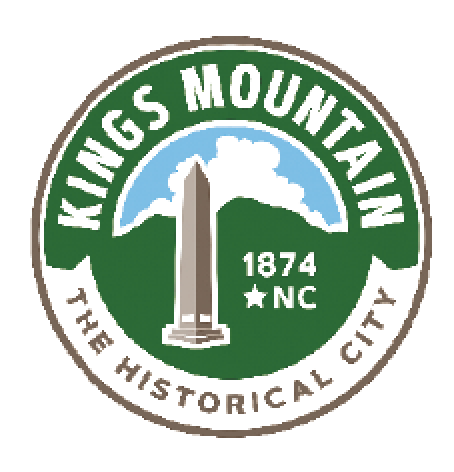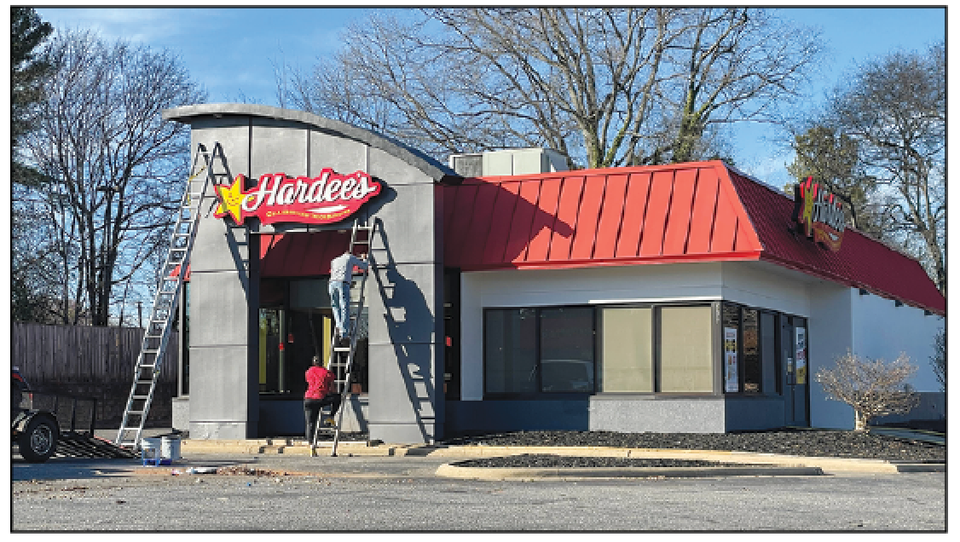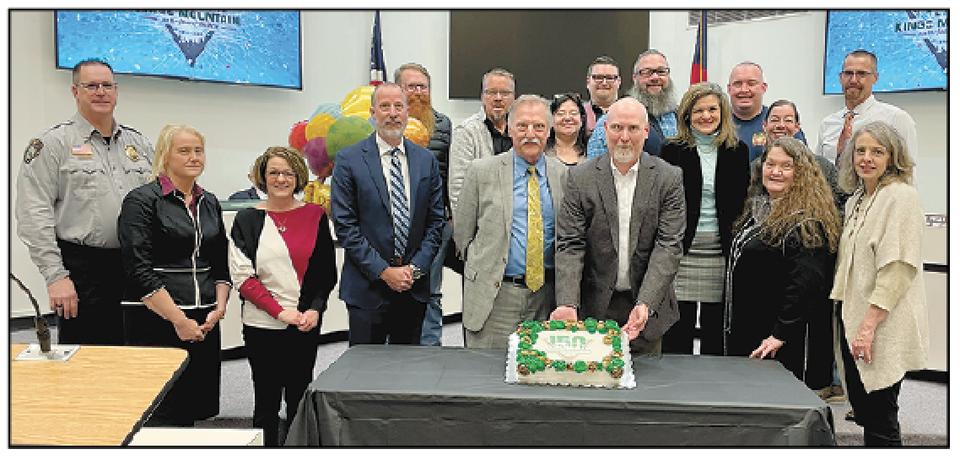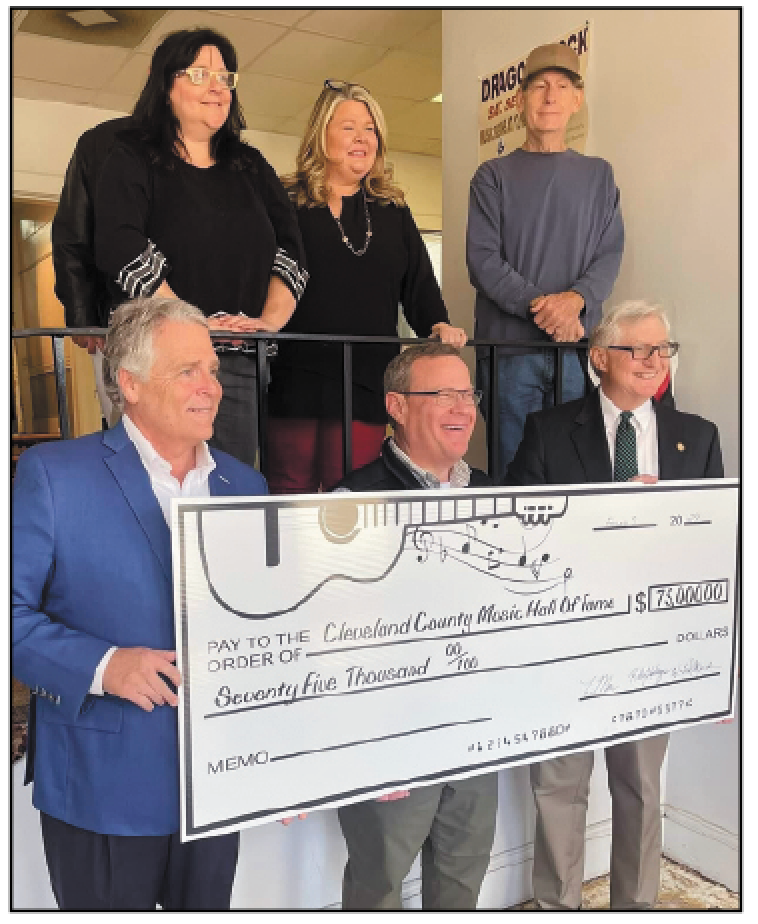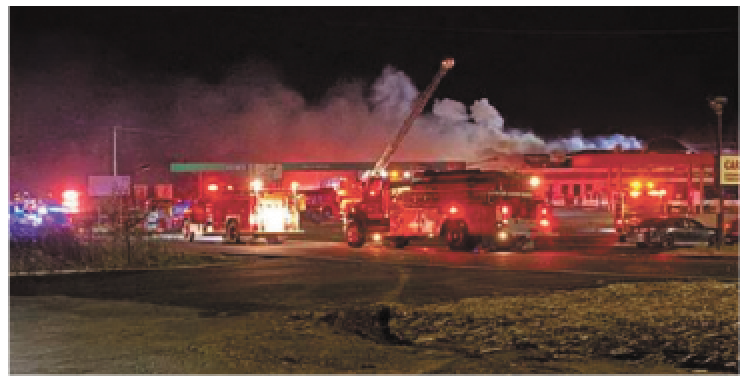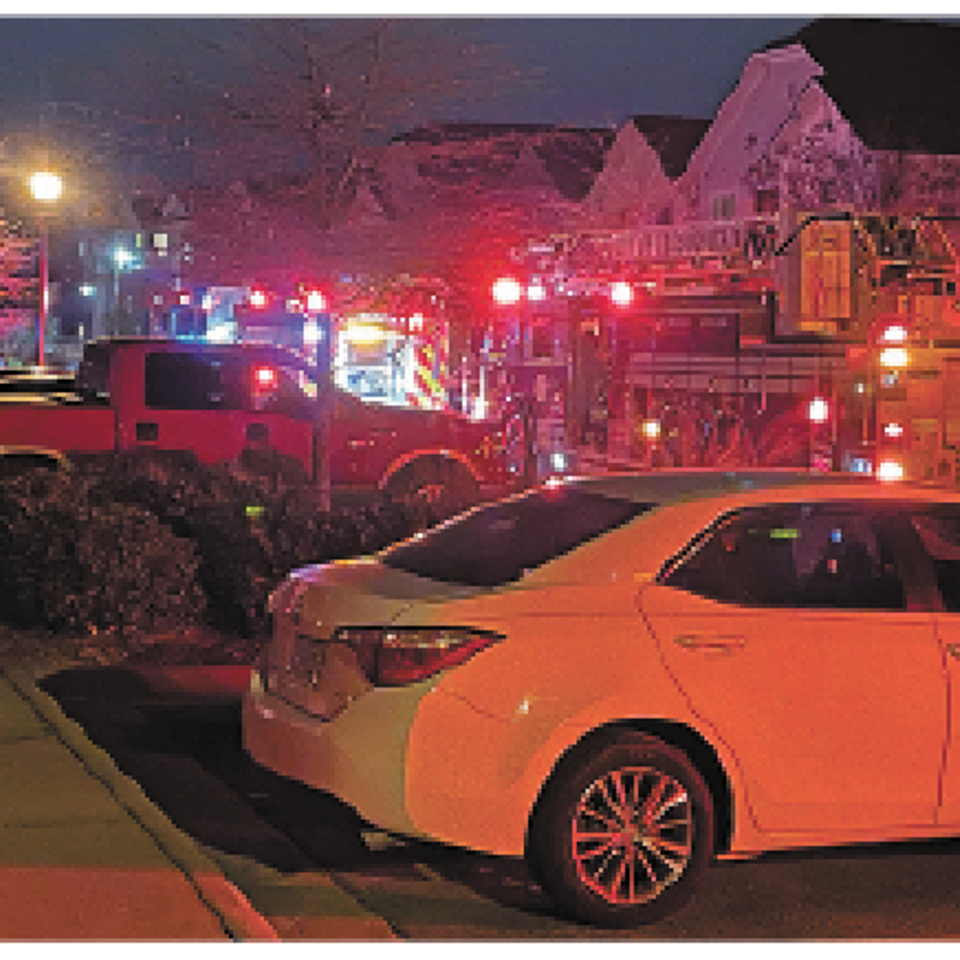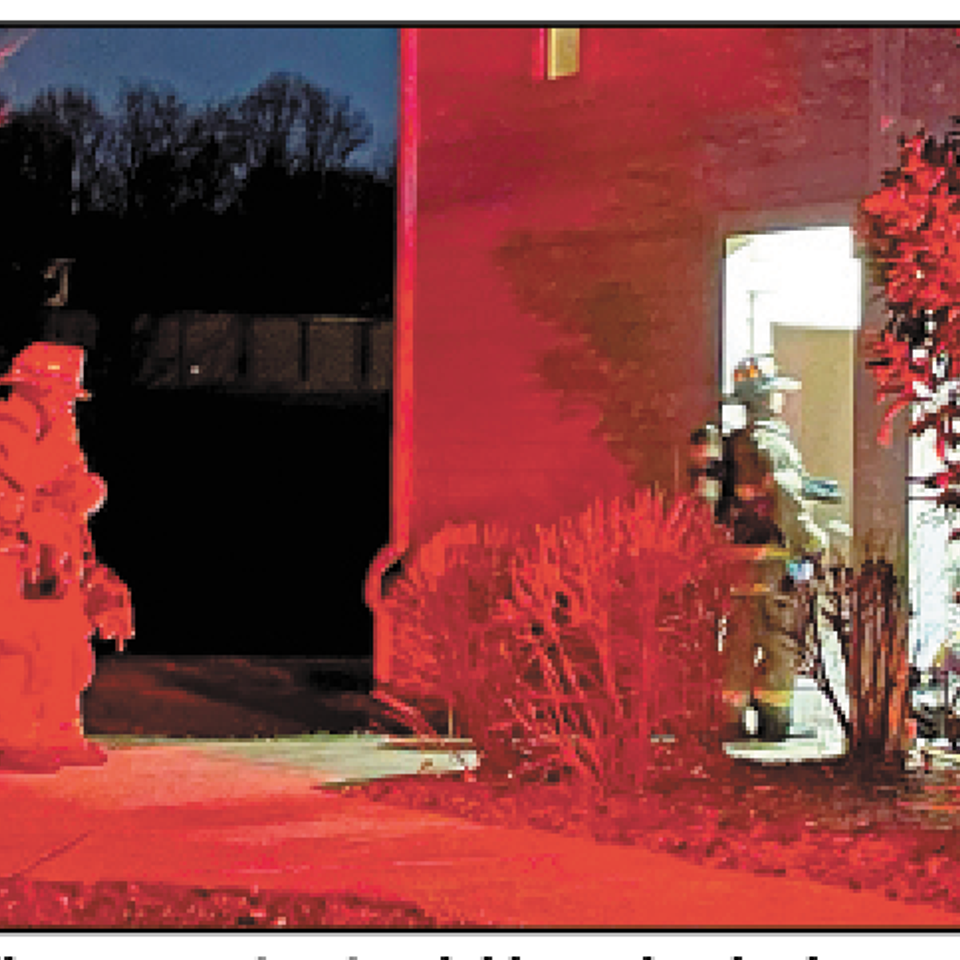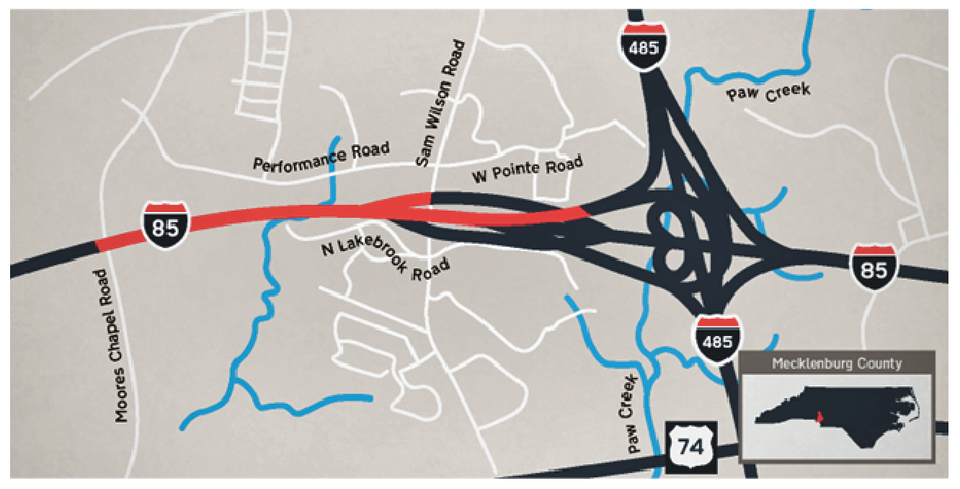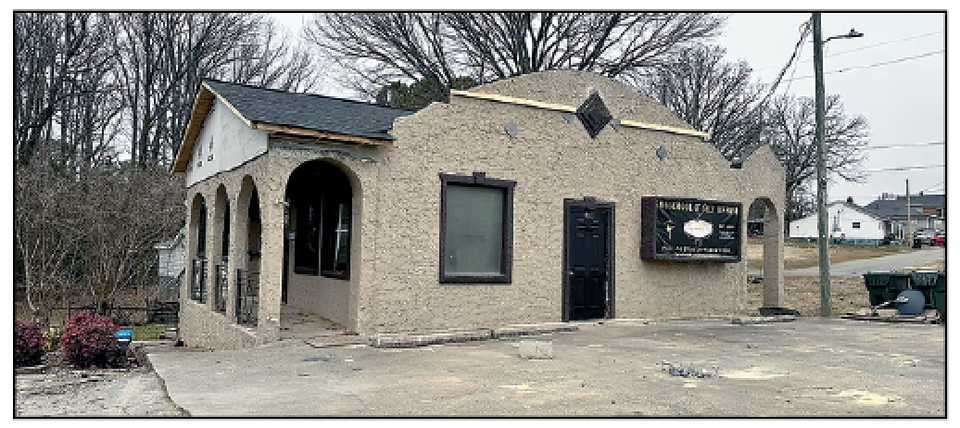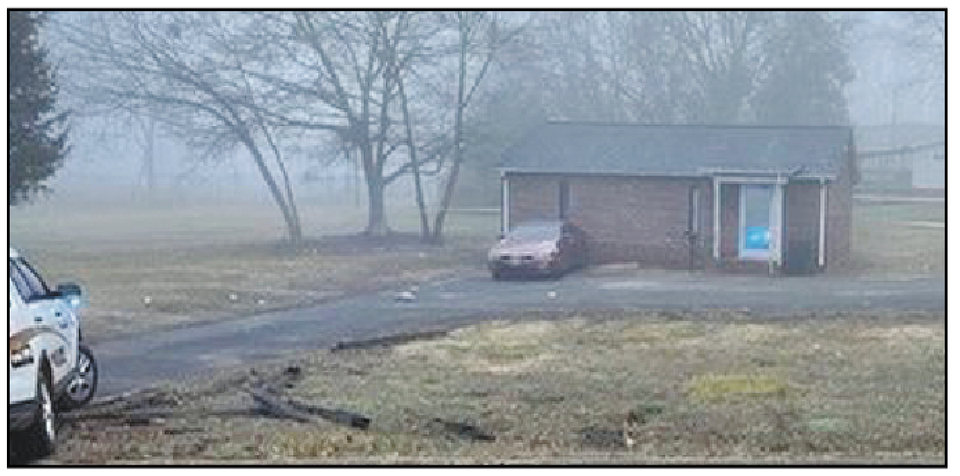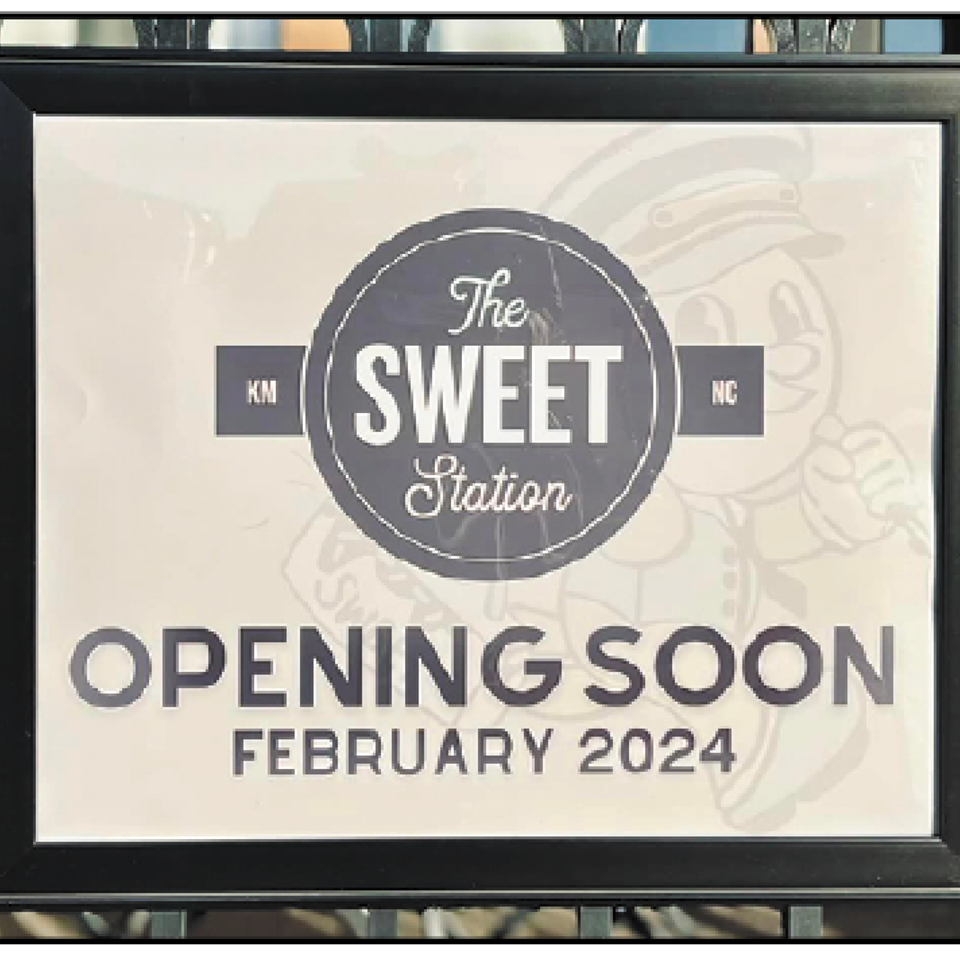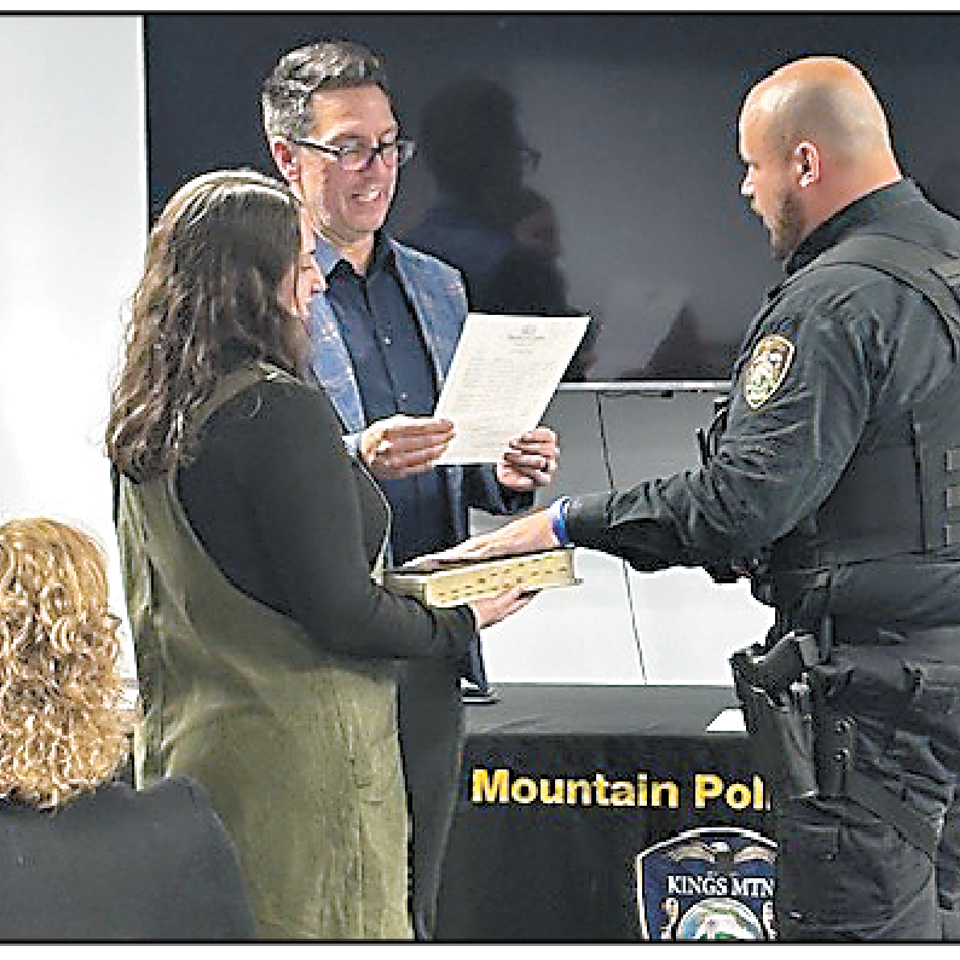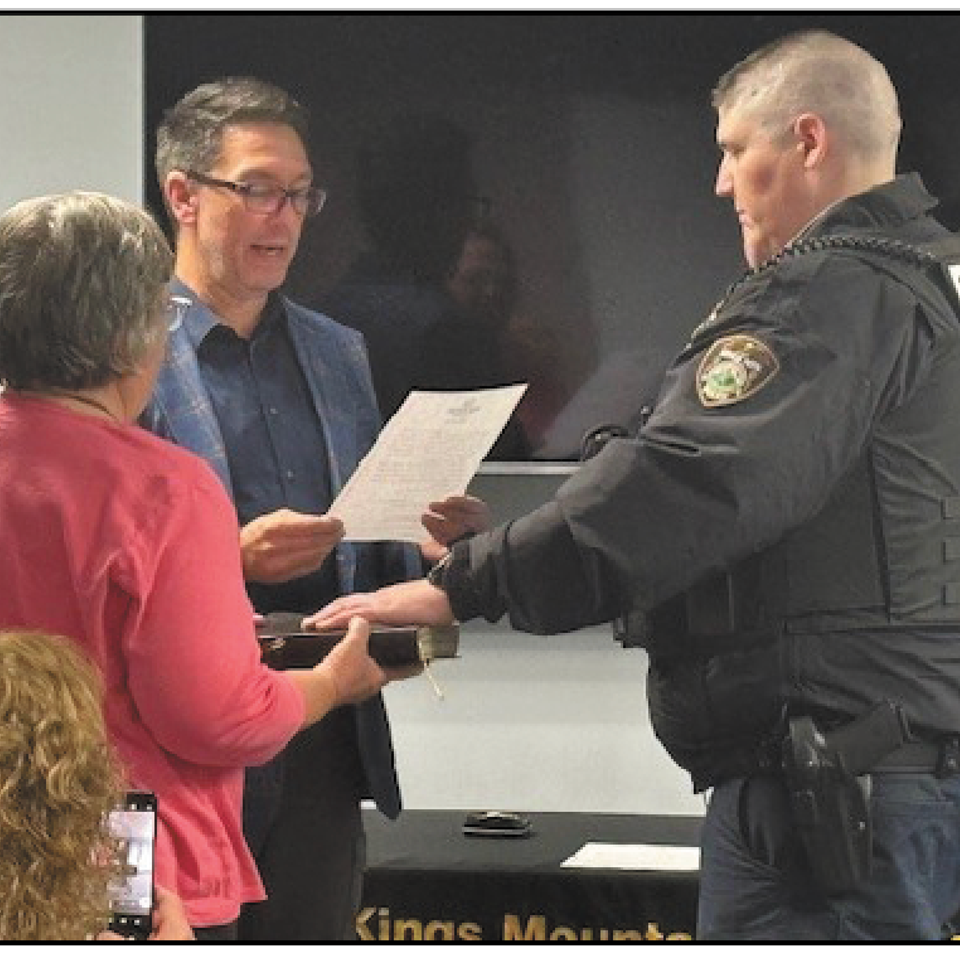
KMHS to graduate 286 seniors in the Class of 2024 Saturday
By Loretta Cozart
Commencement exercises for the 286 seniors in the Kings Mountain High School Graduating Class of 2024 will be held on Saturday, June 1, at 9 a.m. in Gamble Stadium on the KMHS campus.
“We are praying for good weather so everyone can be outside and enjoy the program,” said Dr. Dustin Morehead, Principal, who said there is no limit on the number of people attending.
In the event of rain, the graduation program will be held in the B.N. Barnes Auditorium on the school campus.
The seniors will practice at the stadium on Thursday and Friday, May 30 and May 31, at 9 a.m.
Seniors will lead the graduation program, which will feature special music and speeches by the valedictorian, the top student academically, and the salutatorian, the second-ranked student in the Class of 2024.
KMHS Principal Dr. Dustin Morehead will present the diplomas, assisted by Cleveland County Schools Superintendent Dr. Stephan Fisher and Robert Queen, chairman of the Cleveland County Board of Education.
The Class of 2024 will be dressed in black robes with white collars and graduation cords, which signify the campus clubs in which they were active, including the National Honor Society, white stole; Beta Club, gold cord; Renaissance club, turquoise cord; CTE Honor Society, purple and white cord; National/International Honor Thespian, royal blue cord; Scholar Thespian, royal blue and gold cord; TR-IM Music Honor Society, light pink cord; National Art Honor Society, multi-colored cord; Student Participation Organization, blue cord; HOSA, blue/green cord; FFA, blue/red cord; TRI, red cord; CNA, pin; EMT, pin; and FCCLA, red and white cord.
Senior Class officers are SPO President Hunter Cruise, Senior Class President Addison Peeler, and Senior Class Representative Kendall Parker.
Junior Marshals are Angel Conner, Tatyana Crespo, Brooke Waseman, Wren Ballard, Cole Groves, Mary Ruffalo, Noel George, Alexys Padgett, Alexis Hampton, Jaylyn Wallace, Jonathan Baker, Nathan Parsons, Kaleb Youngblood, Max Thompson, Hector Hernandez Mendez, Thomas Spicer, Philip-Mark Bryson, Alex Browning, Luca Narcisco, and Kaydance Smith.
Commencement exercises for the 286 seniors in the Kings Mountain High School Graduating Class of 2024 will be held on Saturday, June 1, at 9 a.m. in Gamble Stadium on the KMHS campus.
“We are praying for good weather so everyone can be outside and enjoy the program,” said Dr. Dustin Morehead, Principal, who said there is no limit on the number of people attending.
In the event of rain, the graduation program will be held in the B.N. Barnes Auditorium on the school campus.
The seniors will practice at the stadium on Thursday and Friday, May 30 and May 31, at 9 a.m.
Seniors will lead the graduation program, which will feature special music and speeches by the valedictorian, the top student academically, and the salutatorian, the second-ranked student in the Class of 2024.
KMHS Principal Dr. Dustin Morehead will present the diplomas, assisted by Cleveland County Schools Superintendent Dr. Stephan Fisher and Robert Queen, chairman of the Cleveland County Board of Education.
The Class of 2024 will be dressed in black robes with white collars and graduation cords, which signify the campus clubs in which they were active, including the National Honor Society, white stole; Beta Club, gold cord; Renaissance club, turquoise cord; CTE Honor Society, purple and white cord; National/International Honor Thespian, royal blue cord; Scholar Thespian, royal blue and gold cord; TR-IM Music Honor Society, light pink cord; National Art Honor Society, multi-colored cord; Student Participation Organization, blue cord; HOSA, blue/green cord; FFA, blue/red cord; TRI, red cord; CNA, pin; EMT, pin; and FCCLA, red and white cord.
Senior Class officers are SPO President Hunter Cruise, Senior Class President Addison Peeler, and Senior Class Representative Kendall Parker.
Junior Marshals are Angel Conner, Tatyana Crespo, Brooke Waseman, Wren Ballard, Cole Groves, Mary Ruffalo, Noel George, Alexys Padgett, Alexis Hampton, Jaylyn Wallace, Jonathan Baker, Nathan Parsons, Kaleb Youngblood, Max Thompson, Hector Hernandez Mendez, Thomas Spicer, Philip-Mark Bryson, Alex Browning, Luca Narcisco, and Kaydance Smith.

